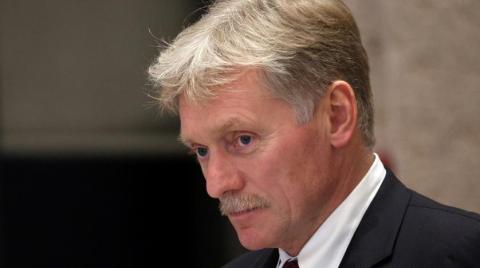
After months of stalling and avoiding nuclear talks, the Iranian regime has finally agreed to resume negotiations with the P5+1 world powers this month in an apparent attempt to revive the Joint Comprehensive Plan of Action nuclear deal. What strategy will the Iranian regime employ in the Vienna talks?
The Iranian leaders have stated that their preferred date to return to the negotiating table is Nov. 29. But why did they ultimately agree to resume talks and why did they choose this exact date?
Firstly, the Iranian leaders were most likely concerned that, if they kept buying time and postponing the nuclear talks, Israel’s patience would run out and it would strike Iran’s nuclear facilities. Such a move would significantly set Iran’s nuclear program back and wipe out years of work.
It was alarming for the Iranian leaders when it was reported last month that the Israeli government had approved a budget of nearly $1.5 billion to be used for attacking Iran’s nuclear facilities in case Tehran did not resume the negotiations and if a deal could not be quickly reached to curb the Iranian regime’s nuclear program. Israeli Defense Minister Benny Gantz made the case for this budget, stating: “We see that Iran is advancing toward the level of enrichment that would allow it, when it wished, to become a threshold state — and we are making every effort to prevent that.”
The Iranian leaders are also cognizant of the fact that Israel possesses the military capabilities to launch a sophisticated attack on its nuclear facilities. Furthermore, Tehran could not retaliate by attacking Israel directly, because such an assault would drag the US, Israel’s ally, into the conflict, meaning it would be considered political suicide for the ruling clerics in Iran. The regime is also not in a position to get engaged in a direct war with another power because of its financial woes and the widespread domestic discontent. Any war could trigger another uprising inside Iran, which would make the regime extremely vulnerable, as it would be targeted from both abroad and inside the country.
Secondly, the regime most likely chose this exact date to resume the nuclear talks because it comes a few days after the UN watchdog, the International Atomic Energy Agency, will be releasing its report on the Iranian government’s nuclear activities and compliance with the nuclear deal. The report is likely to raise concerns about Iran’s violations and dangerous nuclear advancements. But the Iranian leaders will hope the world powers will disregard the report in order not to scuttle the JCPOA talks.
In addition, the regime wants to show that it has made significant advances in its nuclear program ahead of the talks in Vienna in order to gain the upper hand at the negotiating table and obtain more concessions. It has been gradually accelerating its enrichment of uranium to weapons-grade levels. This escalation has caused concern among some American and European leaders.
Iran first began increasing uranium enrichment to 20 percent in January. On Jan. 9, the Iranian parliament passed a law requiring the government to expel IAEA inspectors unless US sanctions were lifted. In April, the regime raised its uranium enrichment level to 60 percent, edging it closer to weapons-grade. Three months later, the regime began producing enriched uranium metal. A joint statement issued by the UK, France and Germany at the time agreed that the Iranian regime “has no credible civilian need for uranium metal R&D and production, which are a key step in the development of a nuclear weapon.”
The Iranian regime wants the US to remove all the sanctions that were imposed on it by the Trump administration. However, many of those sanctions are not linked to Iran’s nuclear program; instead they are related to the regime’s terrorist activities and human rights violations. Iran also does not want to talk about its ballistic missile program, which is a core pillar of its nuclear program.
It is ironic that the Iranian regime wants the nuclear talks to lead to the lifting of non-nuclear sanctions, in addition to the nuclear sanctions, but it does not want to discuss its ballistic missile activities or destructive foreign policy.
We can expect the regime’s nuclear defiance to continue because the Iranian leaders want to pressure the West into giving it more concessions.












